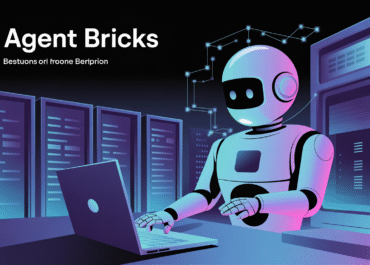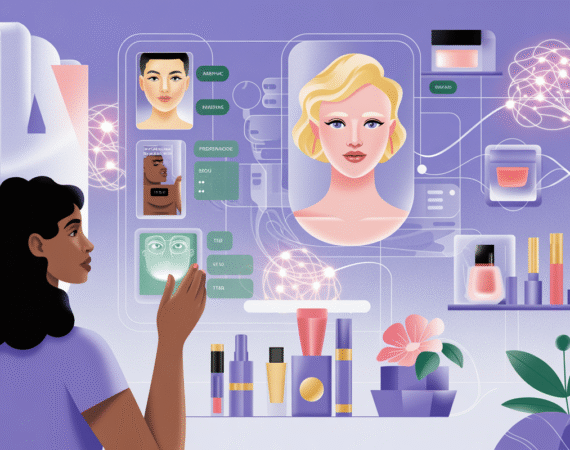Microsoft Faces Lawsuit Over Alleged Use of Pirated Books to Train 'Megatron' AI
In a significant legal challenge that underscores the evolving complexities of artificial intelligence and intellectual property law, Microsoft finds itself at the center of a federal lawsuit in New York. A collective of authors has brought a case against the tech behemoth, alleging that Microsoft unlawfully utilized an extensive library of pirated books—totaling nearly 200,000 titles—to train its powerful AI model known as ‘Megatron’.
Allegations of Massive Copyright Infringement
The core of the lawsuit revolves around accusations of widespread copyright infringement. The authors contend that the sheer volume of material allegedly used—almost 200,000 books—constitutes a massive violation of their intellectual property rights. These books, purportedly sourced from illicit pirate websites, were fed into Microsoft’s ‘Megatron’ AI, a large language model designed to process and generate human-like text. The plaintiffs argue that this unauthorized use directly undermines the value of their creative works and the authors’ ability to control and monetize their copyrighted material.
The legal action seeks a dual resolution: first, an immediate injunction to compel Microsoft to cease any further alleged infringement using these copyrighted works. Second, the authors are demanding substantial financial compensation, potentially reaching up to $150,000 for each individual work found to have been used illegally. This level of damages reflects the serious nature of copyright infringement claims and the potential economic impact on creators in the digital age.
The Broader Implications for AI Development
This lawsuit is not an isolated incident but rather a prominent example of the increasing scrutiny surrounding the data used to train artificial intelligence systems. As AI models become more sophisticated and integral to various industries, the ethical and legal frameworks governing their development are being rigorously tested. Questions surrounding fair use, data sourcing transparency, and the rights of content creators are at the forefront of this debate.
‘Megatron’, as a large language model, relies on vast datasets to learn patterns, grammar, and context, enabling it to perform tasks like text generation, summarization, and translation. The allegations against Microsoft highlight a critical dilemma for AI developers: the immense data requirements for advanced AI often push the boundaries of existing copyright laws, leading to contentious legal battles that could shape the future of AI innovation and intellectual property rights.
As this case proceeds through the federal courts in New York, its outcome could set a significant precedent for how AI companies acquire and use training data, potentially ushering in a new era of regulations and ethical considerations for the rapidly evolving field of artificial intelligence.


